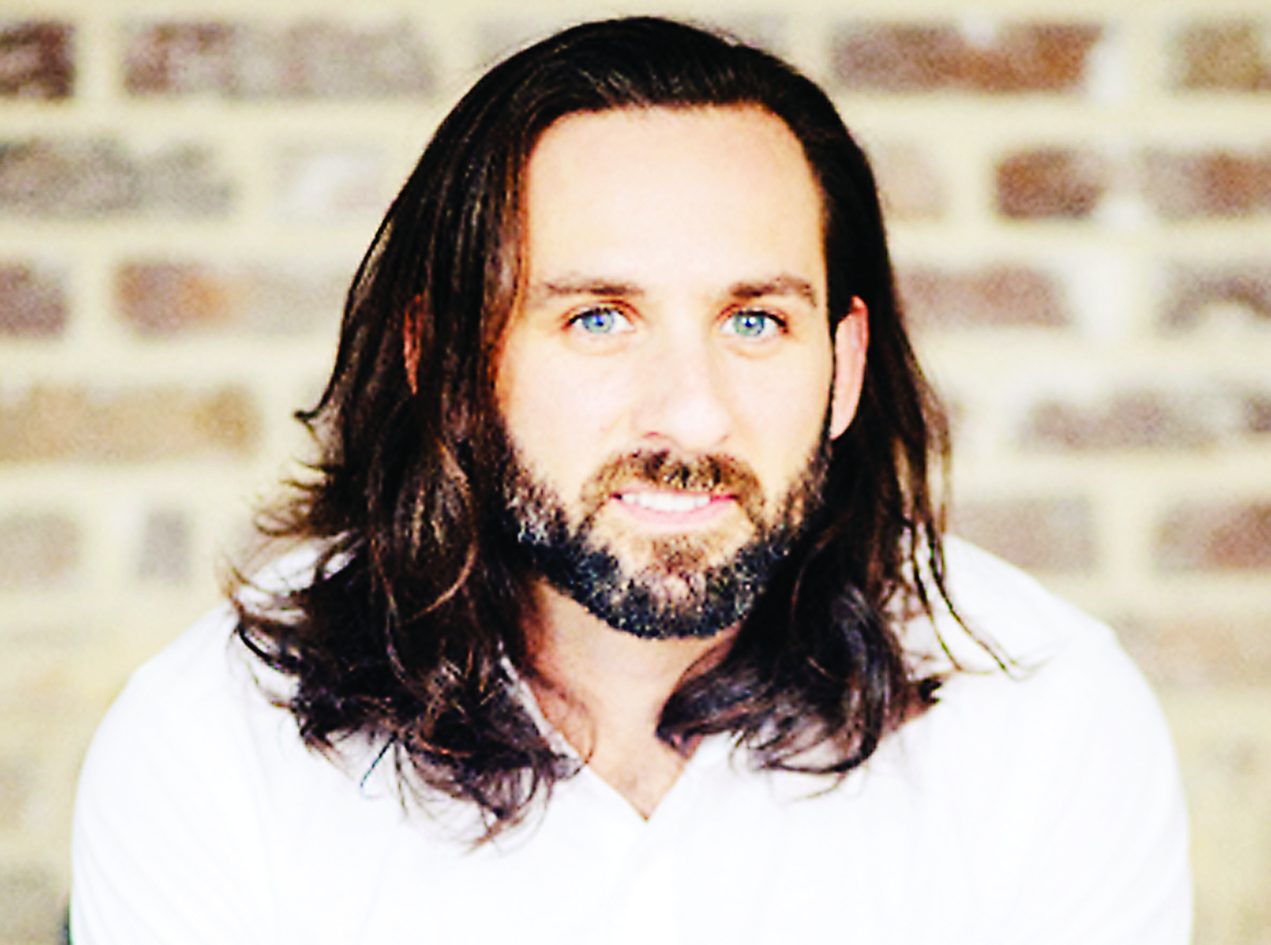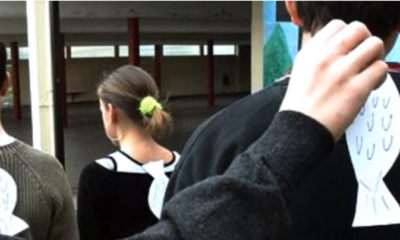
Featured Item

Can there be laughter after the Holocaust?
Most of us are viscerally offended at the thought of Holocaust jokes, but the reality is that such jokes, humour, and satire have existed during and since the events of the Shoah.
Experts on the topic recently shared their thoughts on the reasoning behind this, in a lively debate and webinar hosted by the Johannesburg Holocaust & Genocide Centre (JHGC). From the outset, it was made clear that the centre and the panellists do not in any way support antisemitic Holocaust jokes, and acknowledged that there is a very tenuous boundary between a self-deprecating or satirical joke and an antisemitic one.
One of the panellists and an editor of the new book, Laughter After: Humor and the Holocaust, Dr David Sluki, said he became interested in the topic after watching Curb your Enthusiasm: “… where I kept noticing Holocaust and Nazi jokes. Then I couldn’t stop seeing them in sitcoms – practically all American sitcoms have Holocaust jokes – and realised these jokes are a part of the culture of remembrance, for better or worse.”
The book’s editors – Sluki, Gabriel N. Finder, and Avinoam Patt – invited various Holocaust experts to shed light on the issue. The result is a deep exploration that “takes us back to the Soviet Union and Yiddish songs, through to present day and jokes on social media and in film, cabaret, TV, and jokes told amongst Jews. They all investigate central question: what function does humour play when we think about the Holocaust, and what are the boundaries?” explained Sluki.
Another panellist, historian Dr Jordy Silverstein, is the granddaughter of Holocaust survivors in Australia. She contributed a chapter to the book on the role humour plays in the experience of grandchildren of survivors, and researched this by listening to the conversations of those around her. She found that these jokes form part of belonging to the ‘third generation’ and, while some are in bad taste, they don’t mock survivors.
She found that: “[These jokes] point to the way that the Holocaust is at the tip of our memories and is a constant presence. Laughter is often a reaction to something that can’t be ‘pinned down’ or encapsulated in words. Sometimes the jokes mirror that excessive trauma. It is a form of ‘post-memory’, and a relationship to the past that sometimes testifies to a deep feeling of loss.”
Dr Liat Steir-Livny, whose research focuses on the changing commemoration of the Holocaust in Israel, said: “I believe Israel is unique when it comes to Holocaust awareness, and we need to look at this humour in Israel in its cultural context. In Israel, children learn about the Holocaust from kindergarten onwards. In high school, thousands go to Poland to see the camps, and then they learn about the Holocaust during their army service. Therefore, the Holocaust isn’t just in the past – for Israelis, it is part of present day.” Combined with the constant anxiety about terrorism and fears of a ‘second Holocaust’, you have a “post-traumatic society where the Holocaust is a daily event”.
She said jokes about the Holocaust in Israel are often a reaction to this reality. “If someone jokes about Anne Frank, it’s like she becomes a friend, and the Holocaust becomes less frightening.” These jokes are also used to address divisions in Israeli society – for example, the religious explanations of the Holocaust, the politicisation of the Holocaust or even the Israeli-Palestinian conflict. However, there are some very antisemitic jokes online and “there is a very thin line between humour and being plain antisemitic, and we must differentiate,” she said.
Discussing this boundary, Silverstein says it is often about who is telling the joke, why they are telling it, who is the punchline and if it depends on accurate historical facts. “Is it a form of memory, or the erasure of memory, or denial of the Holocaust?” she asked rhetorically.
Steir-Livny said it is also about the language in which the joke is told. “If it is told in Hebrew, it is an inner dialogue of a post-traumatic society. Laughing about it in Hebrew is a support group, or a defence mechanism to build an emotional wall between oneself and the trauma. It’s not for everyone, but it helps some people.”
All three experts agreed on this point – that you may feel strongly that any Holocaust joke is unacceptable, and that’s okay. “We all have own boundaries. Some don’t find any funny and that’s perfectly legitimate,” said Sluki.
He reflected that in 1905, Freud found Jews to be the most self-deprecating group, and that such humour has always been part of Jewish culture. In the Oneg Shabbat archive hidden in the Warsaw ghetto, one can find jokes written by Jews about their situation and in the Displaced Persons camps after the war, Jews wrote a humorous book about their reality. In the Lodz ghetto, Oskar Rosenfeld wrote: “We look like three Jewish holidays: We eat like on Yom Kippur, we live in Sukkot, and we look like it’s Purim.”
Sluki also noted how the level of what is acceptable has changed – for example, when the play The Producers was first staged, the jokes about Nazism were seen as shocking, but today it is a hit Broadway show and the mockery is not seen as particularly outrageous.
Addressing the film Life is Beautiful, which brings this conversation to the fore, Sluki said: “It raises interesting questions on the limits of representing the Holocaust. If we compare the recent film JoJo Rabbit, I would say JoJo Rabbit was less bold, because Life is Beautiful takes you into a concentration camp. It’s an interesting piece of art that gets us thinking about these questions. In fact, this year is 20 years since Life is Beautiful was released, and it is a good time to take stock of what’s changed because of it. There are now different possibilities of how to represent Holocaust.”
JHGC director Tali Nates said: “Humour could be a form of resistance during the Holocaust”, and that it sometimes gave survivors a way of sharing their stories.
Audience member Cindy Moritz noted: “Humour can sometimes be incredibly sad. It’s not always the same as ‘telling a joke’.”
Silverstein responded that this speaks to “the broad functions of humour. If the Holocaust has a lasting impact on the way we operate, then it makes sense that humour becomes part of how we function and deal with this kind of lasting trauma. It is a tool in our storytelling toolkit, and can be useful and healing”.










